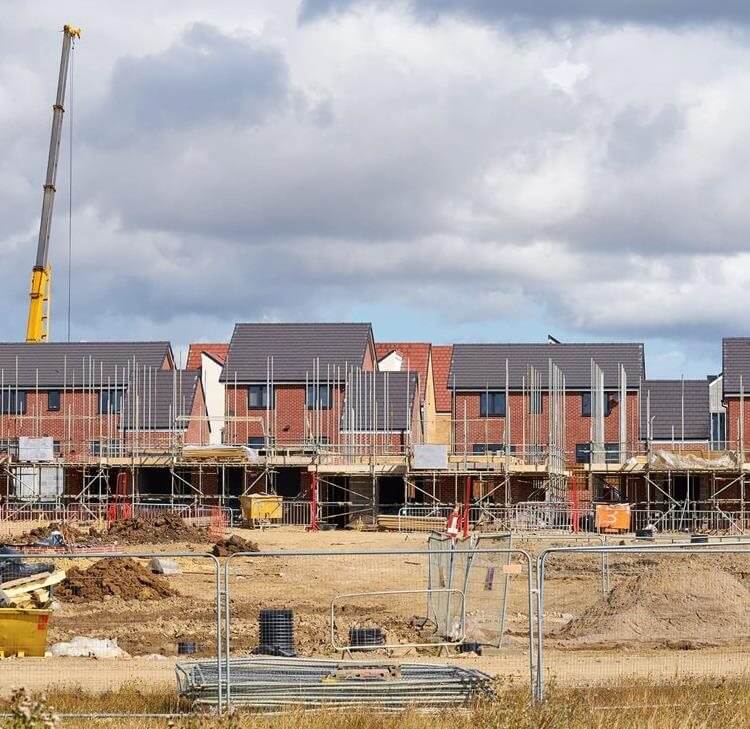From 1 October 2023, the fixed recoverable costs (FRC) regime will be extended across the fast track and in a new intermediate track for simpler cases valued up to £100,000. As the new regime introduces significant changes, parties need to make sure that they understand and are ready for them.
We have set out the below detailing the main features of the new FRC regime.
Main features of the new FRC regime
There is a new intermediate track to cover less complex claims valued at more than £25,000 but not more than £100,000 where the trial should last no more than three days. The intermediate track also has four bands for complexity, but with different criteria. Where non-monetary relief is sought, the claim will not usually be allocated to the intermediate track unless the Court considers it to be in the interests of justice.
The Court has discretion to allocate more complex cases valued at under £100,000 to the multi track to avoid them inappropriately falling within the FRC regime.
The tables for FRC can be found in Practice Direction 45. Given the deadline of 1 October 2023, it is likely that there will be a rush to either:
- issue proceedings before this deadline to try to avoid the new regime; or
- settle disputes.
The new FRC regime gives parties much better visibility as to recoverable costs which in turn will inevitably inform decisions about whether to pursue/defend a claim. However, the FRC regime does not impact the amount a party has to pay its own lawyers which is subject to separate agreement between them.
Practically speaking, when assessing the impact of the new FRC regime, parties should also consider whether to amend their dispute resolution clauses to include any future disputes being expressly referred to arbitration and/or expert determination rather than to court.
If you have any queries arising from the issues raised in this article, then please contact Chloe Poskitt.










































